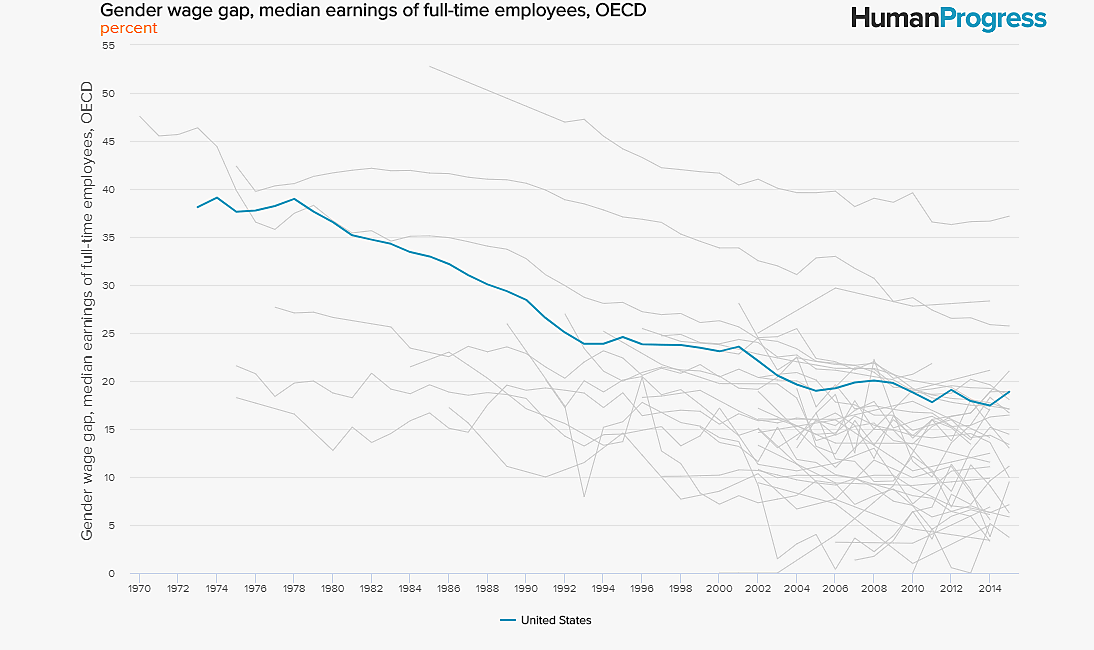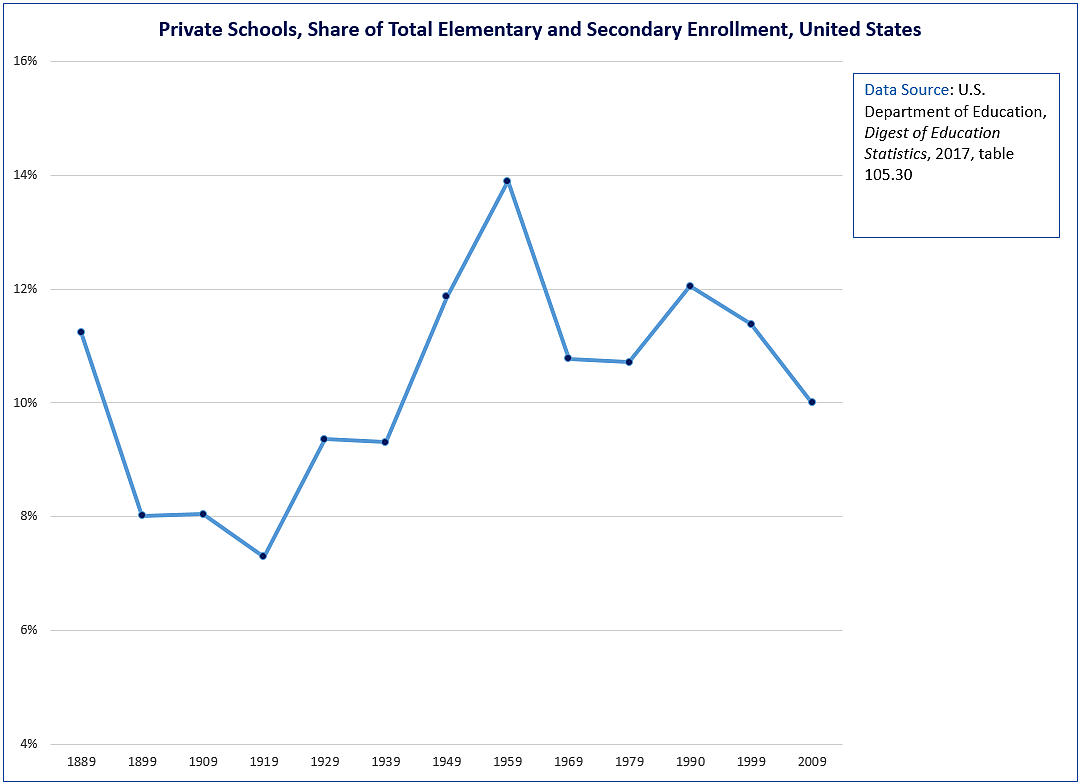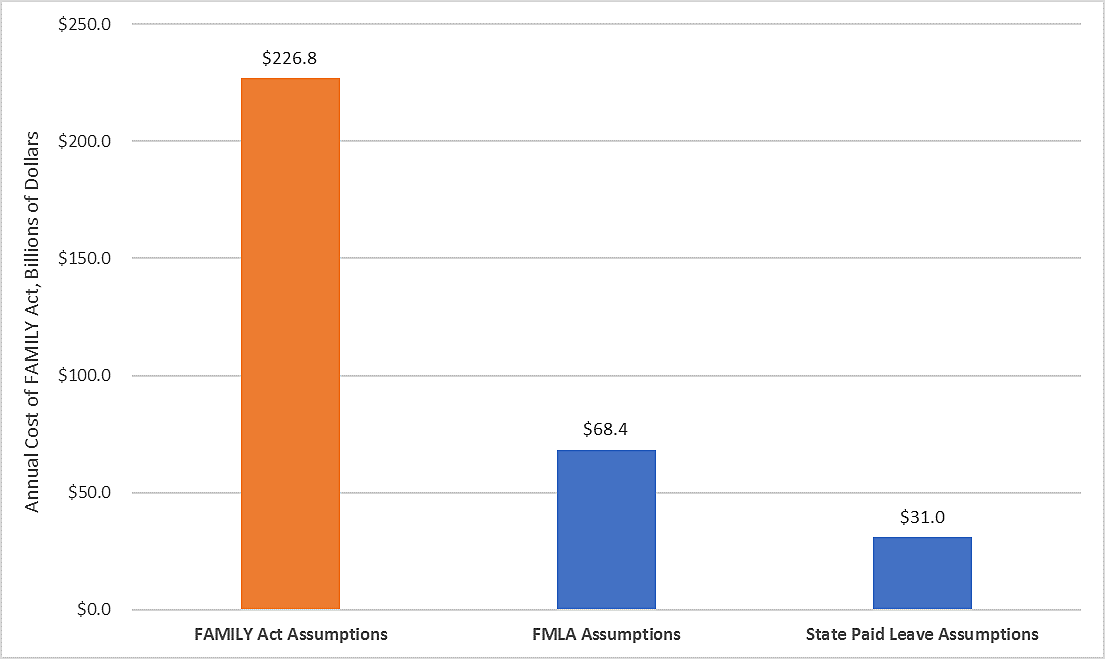The Pentagon’s inability to pass an audit, after years of outright stonewalling, followed by many more years of foot-dragging, is suddenly a hot topic. A few weeks ago, Rolling Stone featured a scathing exposé highlighting the Pentagon’s inability to count.
Writer Matt Taibbi explains
Ahead of misappropriation, fraud, theft, overruns, contracting corruption and other abuses that are almost certainly still going on, the Pentagon’s first problem is its books. It’s the world’s largest producer of wrong numbers, an ingenious bureaucratic defense system that hides all the other rats’ nests underneath.
These and other stories seem to have prompted House Armed Services Committee Chairman Adam Smith (D‑WA) to deliver a stern message to officials in the Department of Defense. The Trump administration has requested $750 billion for the Pentagon, but, Smith noted, “We literally don’t know where a chunk of that $750 billion is going to go. We can identify some of it here and there, but by any normal accounting measure, you can’t tell us where you’re spending your money, or how much inventory you have.”
Taibbi continues:
If and when the defense review is ever completed, we’re likely to find a pile of Enrons, with the military’s losses and liabilities hidden in Enron-like special-purpose vehicles, assets systematically overvalued, monies Congress approved for X feloniously diverted to Program Y, contractors paid twice, parts bought twice, repairs done unnecessarily and at great expense, and so on.
Enron at its core was an accounting maze that systematically hid losses and overstated gains in order to keep investor money flowing in. The Pentagon is an exponentially larger financial bureaucracy whose mark is the taxpayer. Of course, less overtly a criminal scheme, the military still churns out Enron-size losses regularly, and this is only possible because its accounting is a long-tolerated fraud.
Judging from the response of DoD’s senior leaders, however, there is absolutely no cause for alarm. Acting Secretary of Defense Pat Shanahan explained last year that they “never expected to pass the audit.” When a reporter asked him why taxpayers should trust the Pentagon with their money if it can’t even “get their house in order and count ships right or buildings right,” Shanahan quipped, “We count ships right.”
Taibbi explains: “This was an inside joke. The joke was, the Pentagon isn’t so hot at counting buildings. Just a few years ago, in fact, it admitted to losing track of ‘478 structures,’ in addition to 39 Black Hawk helicopters (whose fully loaded versions list for about $21 million a pop).”
This cavalier attitude is pretty maddening. It’s almost as though the DoD sees public scrutiny as not much more than a bothersome distraction. As I explained when we discussed Taibbi’s article in War on the Rocks’ latest “Net Assessment” podcast, I had Colonel Nathan R. Jessup’s courtroom monologue from the movie A Few Good Men running through my head.
While on the stand, Jessup (played by Jack Nicholson) tries to deflect questions about his immoral and unethical actions: “I have neither the time nor the inclination to explain myself to a man who rises and sleeps under the blanket of the very freedom that I provide and then questions the manner in which I provide it. I would rather that you just said ‘thank you’ and went on your way.”
DoD leaders may not have the inclination to explain their shoddy accounting, but they do have a responsibility to the American people who pay the bills; and our elected representatives have an obligation to get to the truth. There are reasonable doubts about the Pentagon’s ability to be a responsible steward of the vast sum of money shoveled its way every year. So long as these doubts persist, we shouldn’t expect that Americans will want to spend even more.



